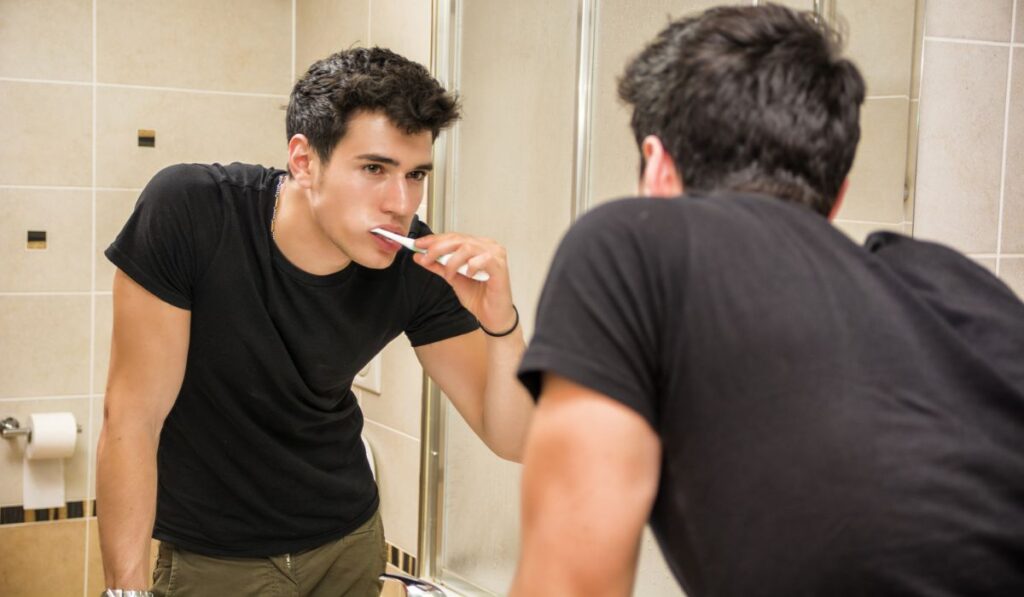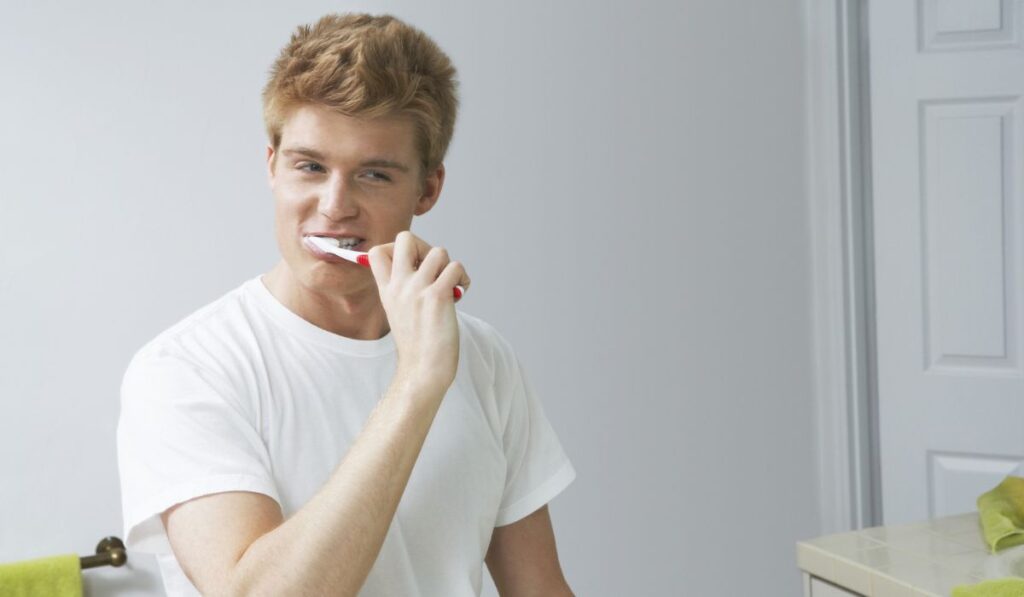With so much misinformation circulating everywhere, separating fact from fiction can be challenging. When it comes to dental surgery, or any surgery, for that matter, talking to your surgeon or trained professional is your best bet at finding out exactly what you can and can not do pre-surgery.
There’s no harm in brushing your teeth before surgery. Doctors urge their patients to practice good oral hygiene habits in the days leading to their surgery. The only catch is that you may not swallow any water or toothpaste.
Ensuring your teeth are thoroughly cleaned before surgery, especially oral extraction, will not only make the process more pleasant for you and your doctor, but it will also contribute to a faster recovery. Now let’s dive right in!
Should You Brush Your Teeth Before Surgery

As part of the pre-surgical protocol, patients must refrain from consuming foods or beverages at least 8 hours before surgery. This is because eating or drinking right before surgery can be very dangerous and, at times, even fatal.
When anesthesia is administered to a patient before surgery, their body’s normal reflexes stop. Consequently, the stomach temporarily stops working.
When that happens, any excess food and fluid in the stomach might be forced out through vomiting or, worse, find their way to the lungs and potentially cause lung damage.
At the same time, it’s crucial to maintain oral hygiene, regardless of whether you’re getting surgery. So not only can you brush your teeth, but it’s recommended that you do so even before surgery.
However, you need to be sure not to swallow the water or toothpaste accidentally. An effective way to prevent that is not to gurgle and only brush lightly with minimal water.
Should You Brush Your Teeth After an Oral Extraction?
Brushing your teeth forms part of maintaining dental hygiene, an essential task following oral extraction. Still, healthcare professionals warn patients about brushing the area near where the tooth or teeth were extracted.
Brushing on the healing area will prevent blood clots from forming, disturbing the healing process. The safest way to keep your mouth clean after oral surgery is to brush your teeth gently and apply gentle care to the healing area.
Most kinds of toothpaste can be too abrasive for healing gums. Hence, dentists recommend a gentle toothpaste (on Amazon) that contains Stannous Fluoride, Strontium Chloride, Potassium Nitrate, or a combination of these three active ingredients.
What to Do After Oral Surgery?
Undergoing surgery is scary enough as it is, but for some, the healing process is even scarier. There are many do’s and don’ts to be mindful of, and to make matters worse, there’s lots of misinformation surrounding the process. The following tips should lead you in the direction;
Listen to Your Dentist
In this day of technology, information on any topic can easily be found on the internet, but some cases require an expert’s opinion.
Therefore, you must listen to your dentists because they can provide tips and guidance tailored to your case.
Avoid Spicy Foods
After undergoing an oral extraction, you must take the necessary steps to ensure a speedy recovery. This also means avoiding spicy foods, as they can irritate the surgical site and potentially increase the risk of infection.
Brush Carefully

You want to brush your entire mouth gently, as it will most likely be entirely sensitive after surgery. Additionally, a gentle toothpaste and soft-bristle toothbrush (on Amazon) ensure you don’t irritate the healing area.
Avoid Crunchy Foods
Crunchy foods will only force you to exert yourself and your healing mouth, triggering irritation, inflammation, and possibly infections. Instead, opt for foods that require minimal chewing.
Summary
You shouldn’t have to avoid brushing your teeth before surgery. In fact, you’re recommended to practice dental hygiene habits up until surgery. However, caution is key.
Refraining from swallowing water or toothpaste before surgery will reduce the risk of regurgitation from anesthesia.


